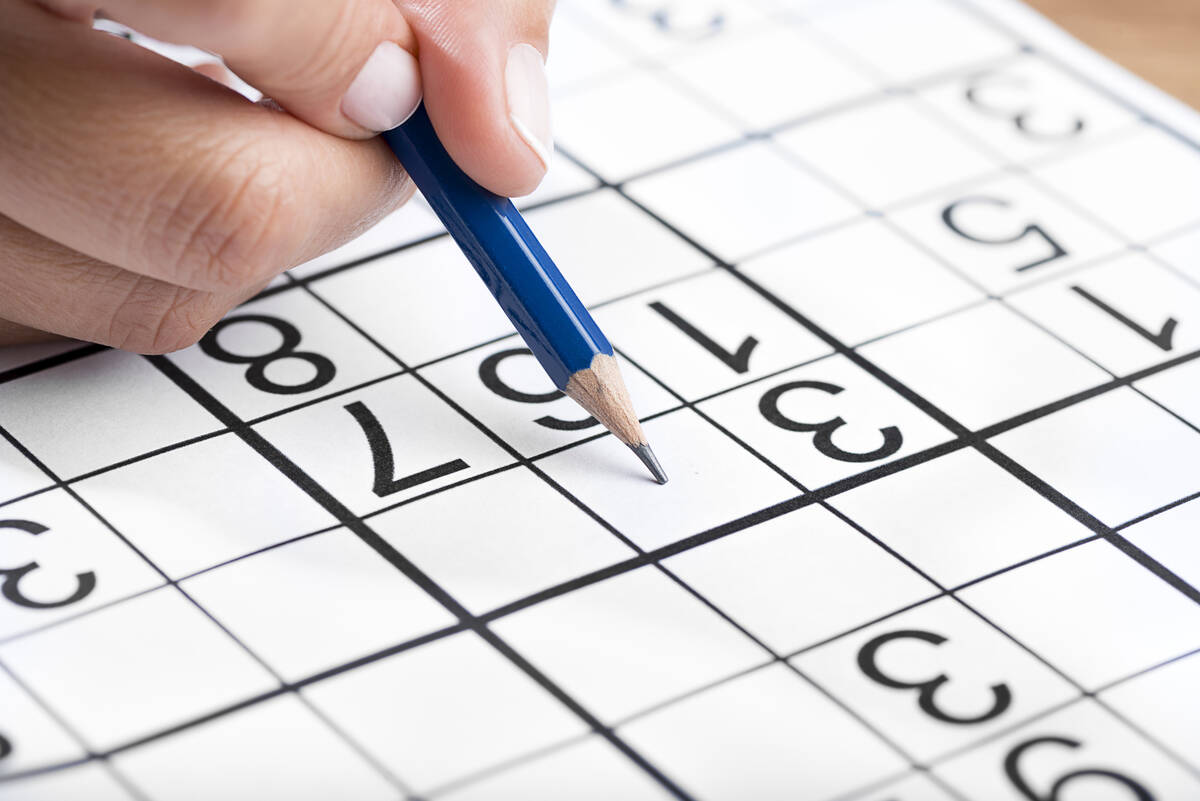Does playing word games really benefit brain health?
The brain changes as we age, just like the body does. While many people move a little bit physically slower the older they get, the brain can slow down, too. As we age, it can become more difficult to recall certain words or names. Multitasking can become harder, too — even if you were pretty good at it before.
But here’s some empowering news: There are many ways to support brain health through diet, exercise and lifestyle habits. In this vein, many people start or end their day by playing a word game, such as a crossword, Wordle, Connections, Spelling Bee or Words With Friends — all in the name of brain health.
Do games like these really support brain health? We asked a neurologist to set the record straight.
Are word games good for you?
According to Dr. Elana Clar, a neurologist with New Jersey Brain and Spine, the hype around word games is real: They are beneficial to our brain health.
“While there are many variables that contribute to ‘brain health’ — including nutrition, exercise and engaging with community — stimulating activities such as learning a new language, acquiring a new skill set or playing word games also have an important role in supporting cognitive vitality,” she says.
Clar says that word games aid brain health because they can improve attention, verbal fluency, memory and processing speed — all skills that can decline with age. One 68-year-long study found that playing analog games (aka nondigital games) was linked to better cognitive health in old age. Another study found that doing crossword puzzles delayed, by an average of 2½ years, a decline in memory in subjects who developed dementia, compared with people who didn’t do crossword puzzles.
But perhaps you’re more into sudoku than crosswords. Another scientific study found that regularly playing sudoku (or similar number games) was linked to higher memory scores.
All of this is pretty encouraging news for anyone who likes to play games.
The best games for brain health
Now that you know that word games are, in fact, good for brain health, you may be wondering which games in particular support cognitive health the most.
“Word games like crossword puzzles and Scrabble are great, but numeracy puzzles like sudoku and chess are also fantastic for supporting memory,” Clar says.
Also, because learning a new language is linked to better brain health, downloading a second language app (like Duolingo) can be a great way to support your brain.
Truly any game that provides some form of intellectual stimulation has benefit to it.
Clar says that it can be especially beneficial to play word games (or other types of games) with other people.
“Adding a social element to any game — whether it is a physical sport or a word game — can improve energy and mood, both of which play a critical role in staying mentally sharp,” she says.
Related to this, science has shown again and again that social connections are vital for healthy aging.
It’s important to remember that word games are just one piece of the cognitive health puzzle (so to speak).
“Word games will not improve brain health in isolation. It is only one ingredient in the recipe for success,” Clar says.
Playing a word game each day can’t cancel out habits known to be destructive to brain health such as having a diet high in ultraprocessed foods, not getting enough sleep and not exercising.
But if you’re looking for one more reason to play more games, this is it.
Better yet, invite someone to play with you.



















